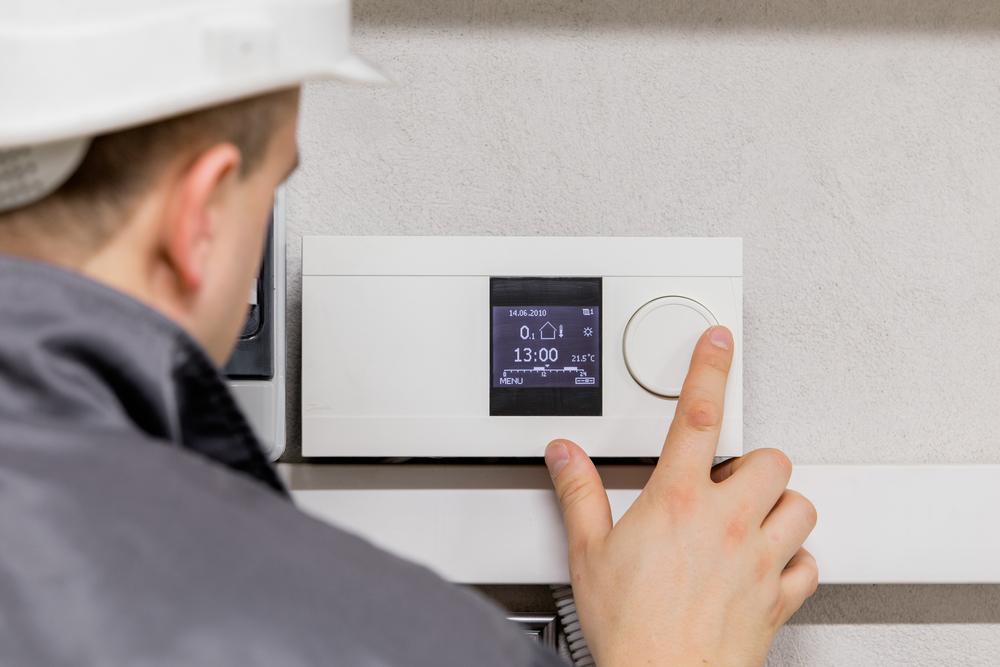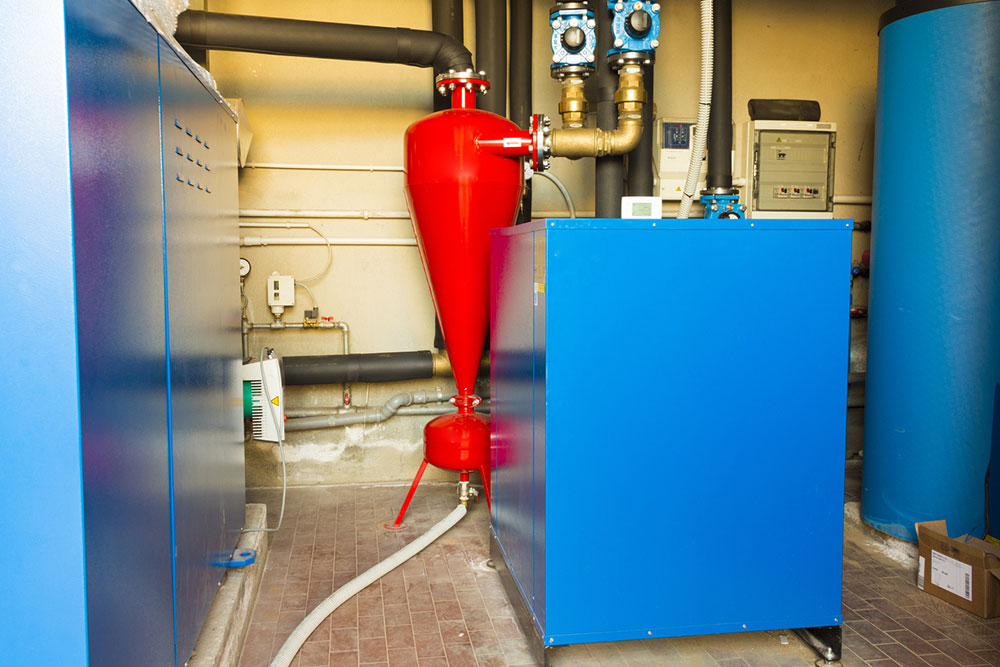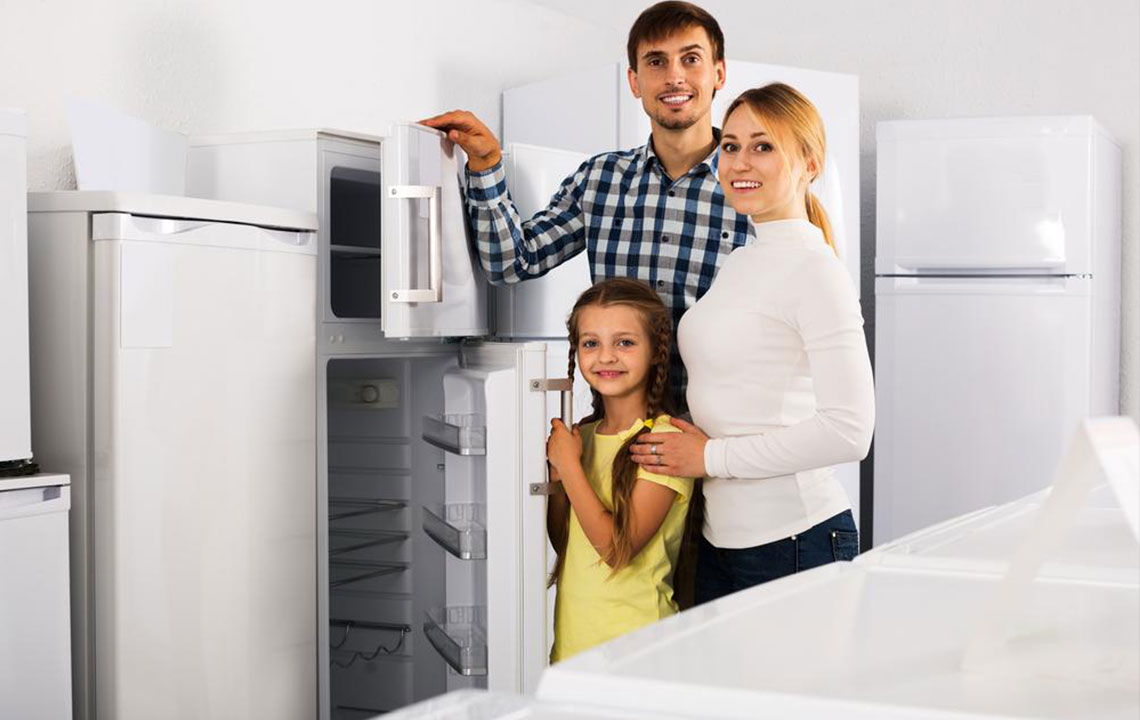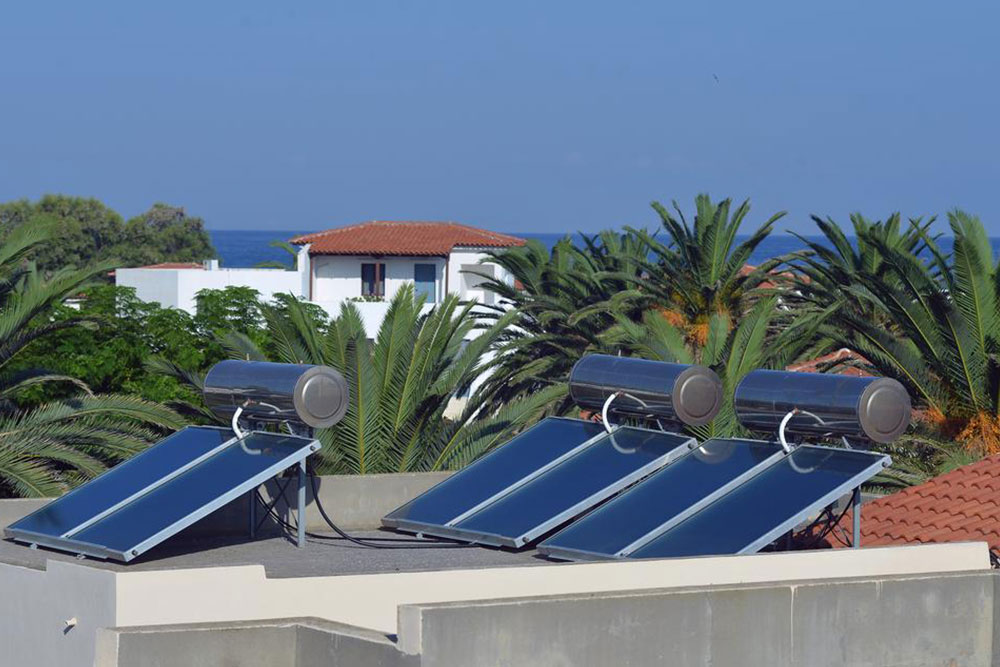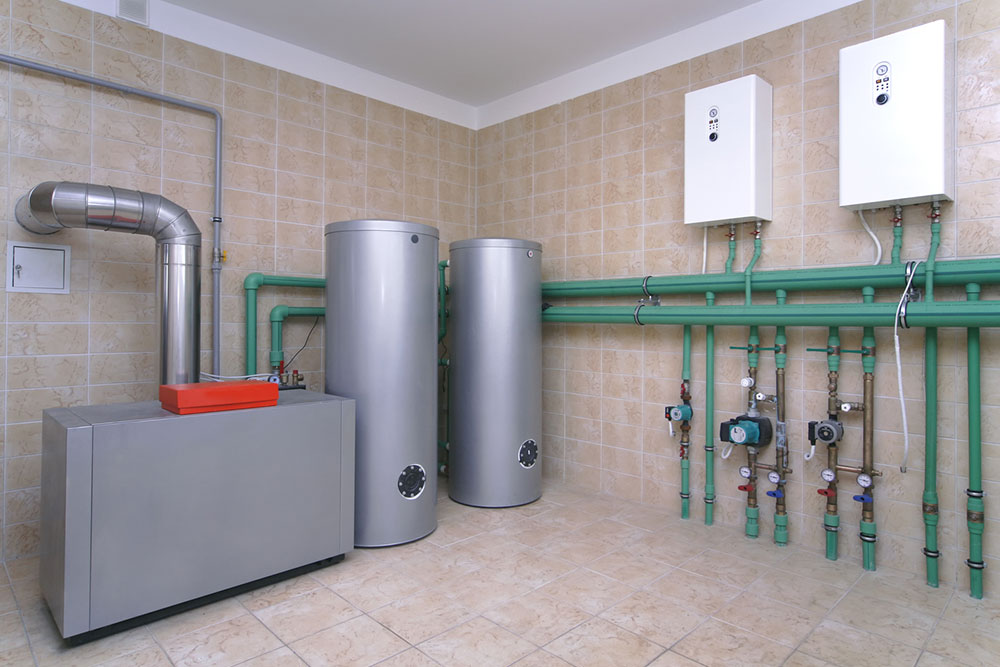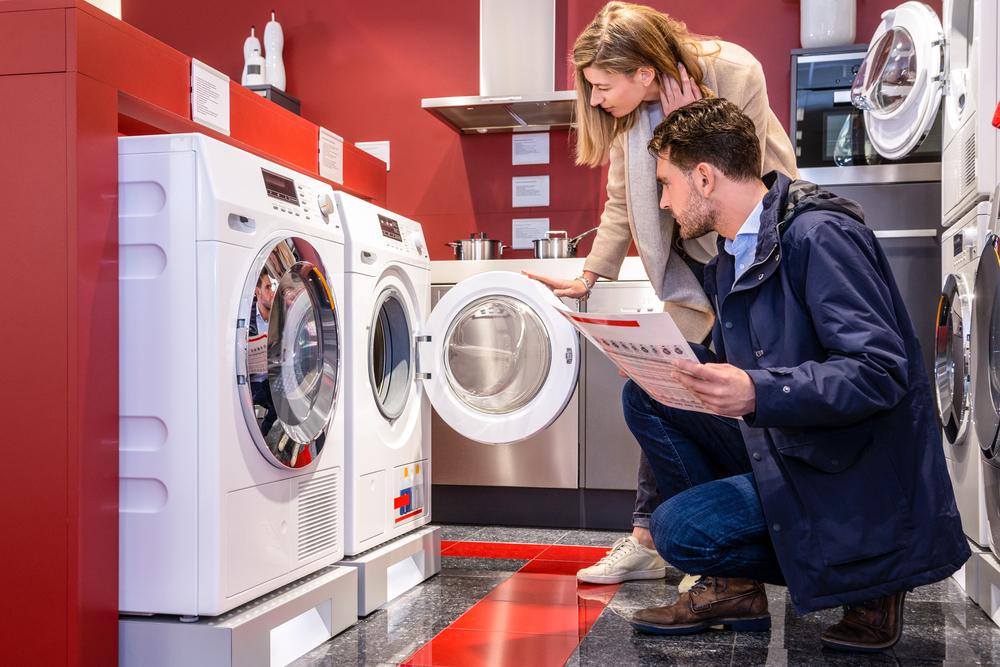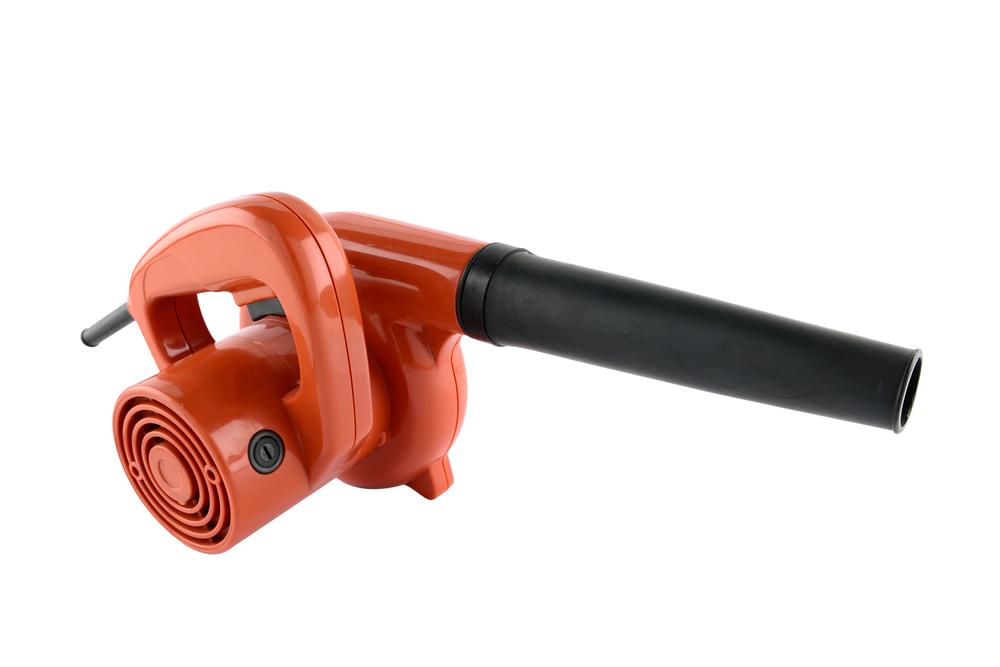Advantages and Disadvantages of Outdoor Space Heaters
Discover the key advantages and disadvantages of outdoor space heaters, including their design options, environmental impact, safety considerations, and suitability for various outdoor settings. Enhance your patio experience with informed choices about heating solutions that extend outdoor comfort year-round.
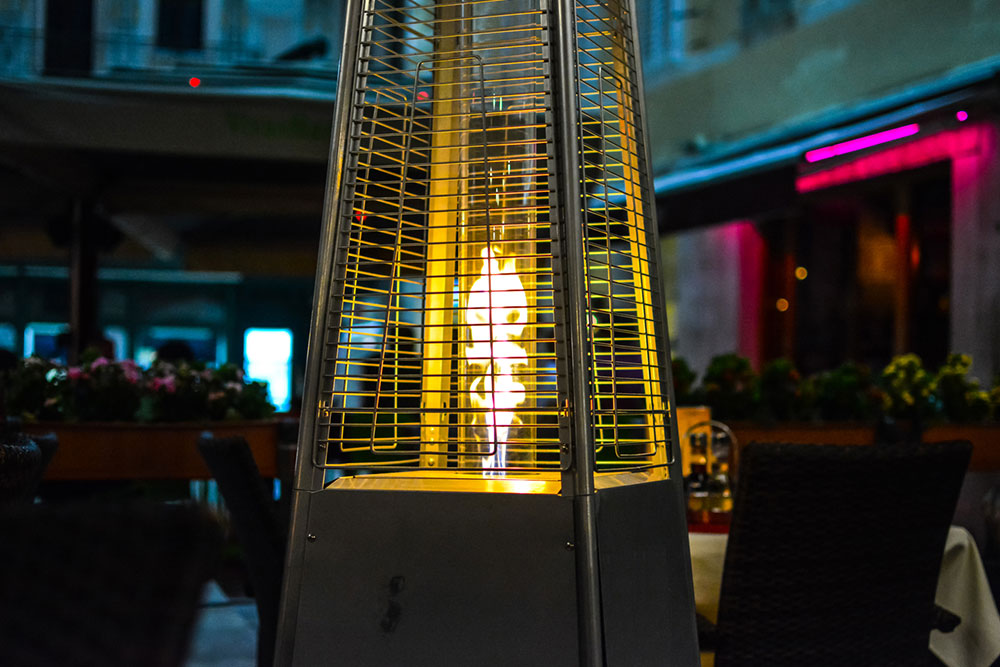
Advantages and Disadvantages of Outdoor Space Heaters
For homeowners with patios, adding an outdoor heater can significantly enhance their outdoor experience. These devices provide warmth, allowing outdoor areas to be used year-round, even during chilly weather. They create a cozy atmosphere ideal for gatherings or relaxing evenings. However, investing in quality patio heaters can be costly, so it's essential to weigh their benefits against potential drawbacks. Below is an overview of the main advantages and disadvantages.
Benefits of outdoor heaters
Enjoy outdoor spaces longer
Outdoor heaters allow for increased enjoyment of outdoor spaces during colder months. Whether entertaining guests, dining outside, or unwinding under the stars, a reliable heater helps maintain comfort outdoors.
Boosts property appeal
An outdoor heater isn't just functional—it enhances property attractiveness. A well-furnished patio with a quality heater adds luxury, increasing overall home value and appeal to potential buyers.
Variety in design options
Heaters come in many styles, from sleek freestanding units to wall-mounted designs. This variety allows homeowners to choose options that complement their outdoor aesthetics seamlessly.
Simple setup and portability
Many outdoor heaters are easy to install and can be moved around effortlessly. This portability ensures adaptable warmth and convenience for users who enjoy outdoor activities at different spots or on outdoor excursions.
Multiple fuel choices
Depending on preferences and environmental concerns, users can select propane, natural gas, electric, or even wood-burning options, making it easier to find a suitable and eco-friendly solution.
Creates inviting ambiance
Beyond providing heat, outdoor heaters add to the atmosphere with gentle flames or warm radiance, transforming outdoor spaces into cozy retreats for relaxation and socialization.
Drawbacks of outdoor heaters
Operational expenses
Continuous use of heaters, especially propane and natural gas models, can lead to ongoing costs for fuel refills or connection to gas lines. Electric models, while energy-efficient, may increase electricity bills over time.
Environmental considerations
Heaters powered by fossil fuels emit carbon dioxide, impacting the environment. Electric options are cleaner but depend on energy sources that may have environmental footprints. Eco-conscious users should consider sustainable options.
Limited heating coverage
Most heaters are best suited for smaller areas and may struggle to warm large or irregularly shaped outdoor zones. Strategic placement is necessary for effective warmth distribution.
Safety issues
Open flames or heating elements pose safety risks. Users must follow safety protocols, such as keeping flammable objects away and avoiding direct contact to prevent burns or accidents.
Weather dependence
Effectiveness can diminish in windy or extremely cold conditions. Wind can disperse heat, and very low temperatures may challenge the heater’s ability to maintain comfort outdoors.
Popular types of outdoor heaters
Propane heaters
Favored for portability, these heaters run on propane gas, offering quick, adjustable warmth. They are often portable and easy to position for optimal comfort.
Electric heaters
Known for simplicity and eco-friendliness, electric models emit infrared heat that warms objects directly. Their versatility includes wall-mounted, tabletop, or freestanding designs, suitable for various outdoor spaces.
Natural gas units
Connected directly to a natural gas line, these heaters provide continuous warmth with minimal maintenance. Ideal for large outdoor areas, they are efficient but may require professional installation.
Infrared heaters
Using infrared radiation, these heaters warm objects directly rather than the surrounding air. They are energy-efficient and offer instant heat, available in different configurations such as freestanding or wall-mounted.
Note:
Our blog offers a variety of insights across multiple categories for readers seeking practical and helpful information. While our research serves as a useful guide, it should not be considered exhaustive or definitive. The team disclaims responsibility for discrepancies or updates in data found elsewhere. Additionally, some deals or offers we mention might differ from other sources.

